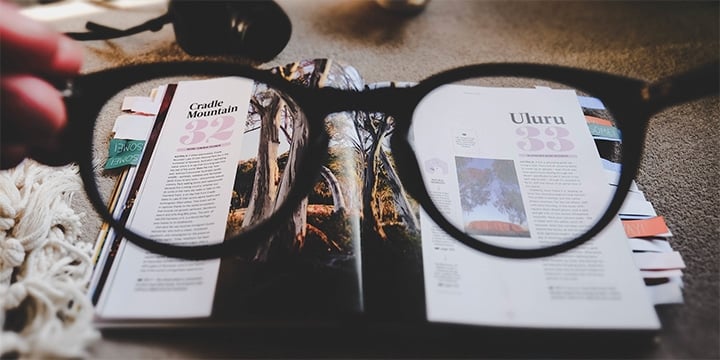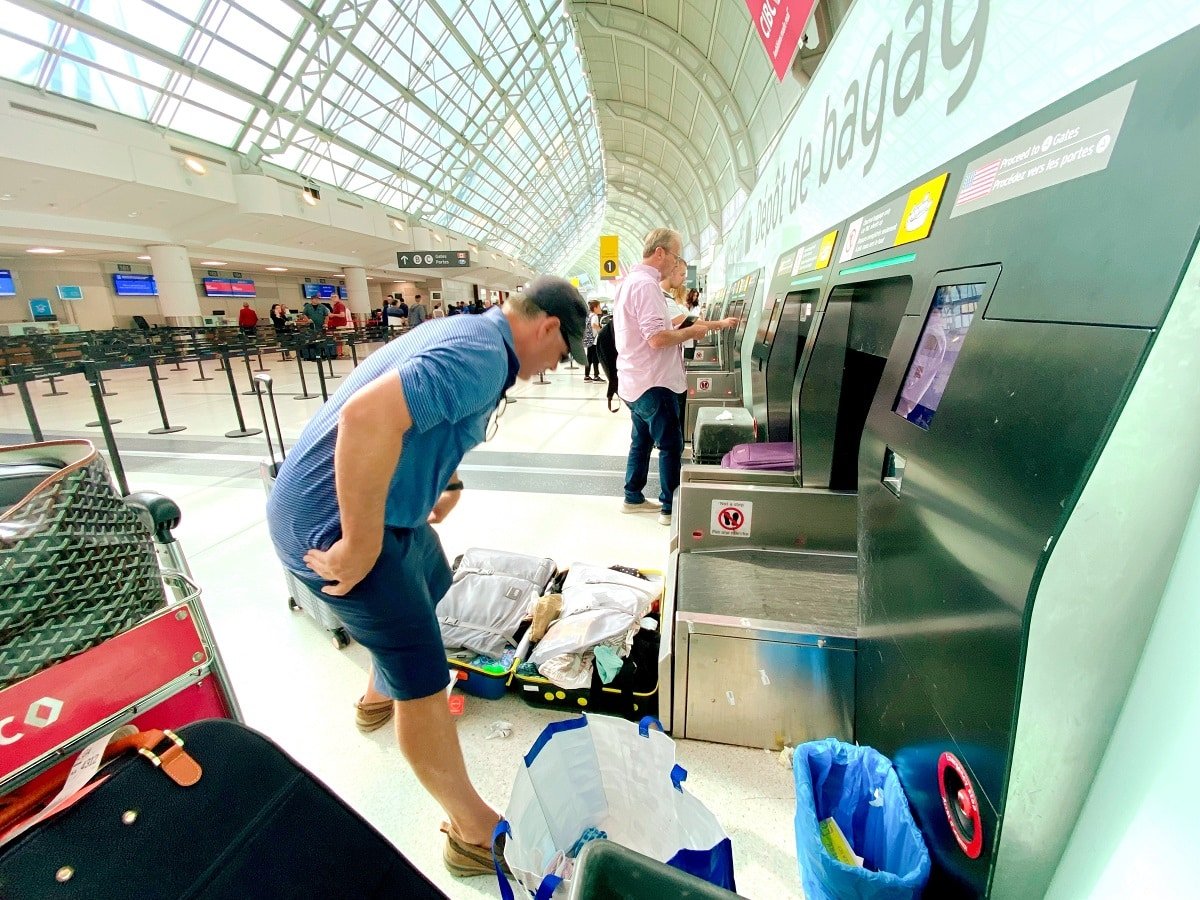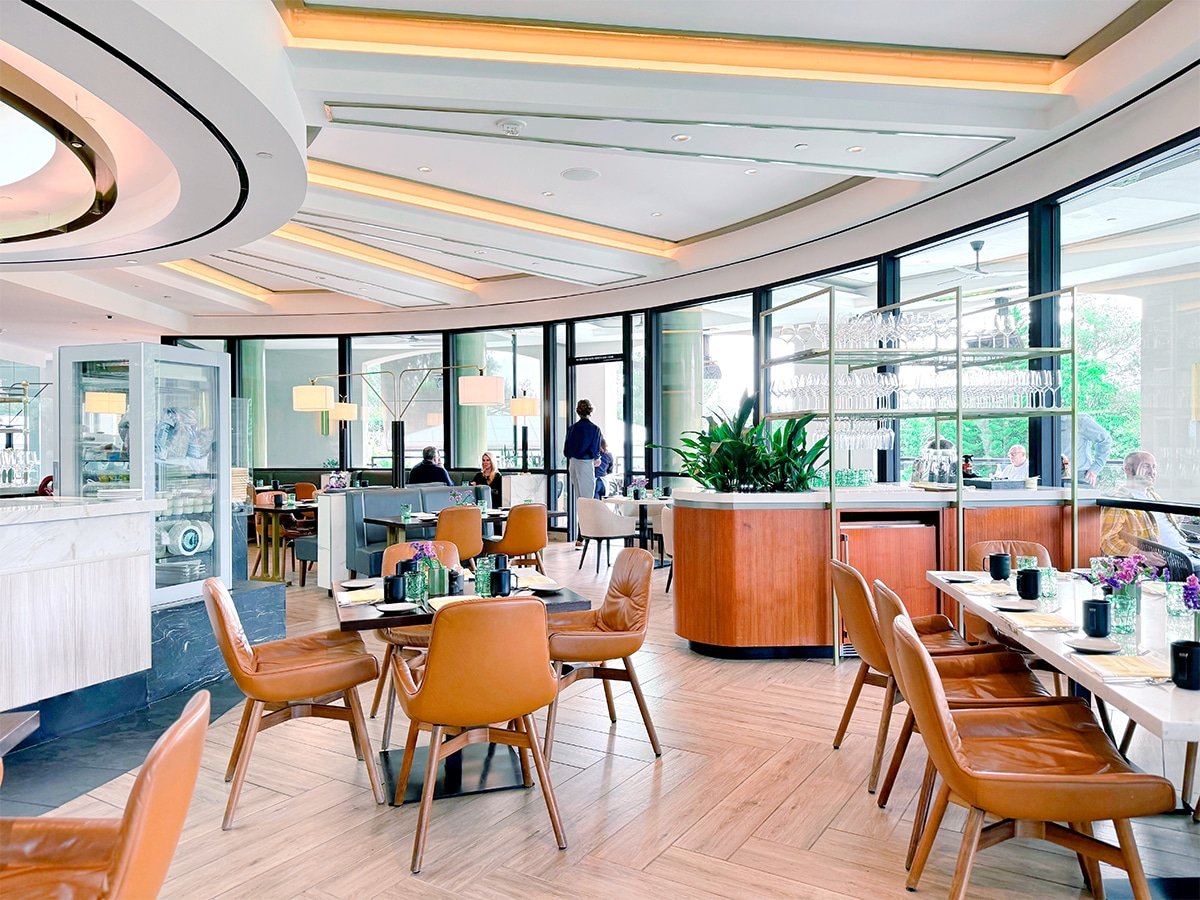 I’ve always known I was lucky to have perfect or close to perfect vision. Everyone in my family wears contacts or glasses and I was free of the hassle of it all. Until earlier this year. I guess it was inevitable. I’m getting older and deteriorating vision seems par for the course.
I’ve always known I was lucky to have perfect or close to perfect vision. Everyone in my family wears contacts or glasses and I was free of the hassle of it all. Until earlier this year. I guess it was inevitable. I’m getting older and deteriorating vision seems par for the course.
But with today’s technology and advancements in eye care, that doesn’t have to be the case. The American Refractive Surgery Council (ARSC) is a group of medical professionals and industry representatives with expertise in developing and researching vision correction surgeries. Through educational outreach programs, their goal is to help inform people about the benefits of corrective eye surgery, like LASIK, and highlighting how the procedure can help you see the world better. So dealing with poor or worsening vision as you age isn’t something you have to do. There is a solution.
I travel thousands of miles every year and I’m noticing that I’m having more and more difficulty reading maps. It’s getting increasingly more difficult to read the ingredients on the back of packaged goods and even menus in dimly lit restaurants have been a challenge. Is the print just getting smaller or are my eyes getting worse? Sadly, it’s the latter and I’ve started using the Magnifying Glass app on my iPhone more and more. (It’s a handy app that turns on a light and magnifies whatever text you’re trying to read.)
If my eyesight continues to deteriorate, I would definitely consider corrective vision surgery so it doesn’t hurt to start doing my research now. Fortunately, by working with ARSC, I have access to a doctor who specializes in this field so I asked Dr. Robert Maloney of Maloney Vision in Los Angeles a few questions. Here’s what he had to say:
Johnny Jet: I’ve always had good vision. But, as I get older, my vision seems to be deteriorating. Why is that?
Dr. Maloney: What you’re likely experiencing is called presbyopia. Presbyopia is a natural part of aging and affects everyone at some point in their 40s. What’s really happening is the lens in your eye stiffens up, becoming less flexible and making it hard to see things close up – like small print.
Johnny Jet: Is LASIK an option? Will it correct presbyopia?
Dr. Maloney: LASIK is one of many vision correction procedures available today to treat presbyopia. Other options include laser vision correction, refractive lens exchange and corneal inlays and each are a great option for the right patient. The only way to know which is best for your vision is to talk with your eye doctor and have a thorough evaluation of your eyes and vision. With your surgeon’s recommendation in hand, take the time to do your own research and decide if LASIK or another vision correction procedure is right for you.
Johnny Jet: Does presbyopia continue to worsen as I age? If I choose LASIK, what other considerations should I think of?
Dr. Maloney: Reading vision continues to decline as we age. That means that any method of correcting for reading vision will get less effective over time. You will still be able to read better than if you hadn’t had surgery, but you may need to hold things further away to read as you get older. We think of LASIK as turning the clock back on the loss of reading vision by 10 years or so, but the clock does keep ticking.
Why I’m Considering LASIK
LASIK is a quick and virtually painless surgical procedure that can correct conditions such as farsightedness, nearsightedness and astigmatism. Using an eye drop anaesthetic, it’s a quick two-step process.
My brother Frank had the procedure done 17 years ago in 2000 and for him, it was life-changing.
“LASIK surgery was a pinnacle change in my physical existence,” he says, which, if you know my brother, is a huge statement because he’s not one for exaggeration. He says the entire surgery was under 15 minutes and confirms that it was painless, which is a concern most people have. Even more impressive, he says that on the same day of the procedure, he was able to see sharp images and was also able to go for a jog!
That’s a great endorsement for me so if my eyesight worsens, I would definitely consider the procedure. When I travel, I like things to be as streamlined as possible (although, now that my wife and I have a son, our travel is anything but streamlined but you can always dream, right?) Not having to fuss with glasses and worry about losing them when I’m on the road would be one less thing to think about. Plus, my one-year-old son thinks my glasses are a toy and he loves to grab them off my face and throw them on the ground or bang them on the table. I could get contact lenses but then I’d have to deal with contact solution and worry about losing them or ripping them when I travel … LASIK could solve all of this in one fell swoop!
I’m still in the research part of the process, learning about LASIK’s success rate and trying to determine if LASIK is right for me but I would love to hear your thoughts. Have you had vision correction surgery? ARSC is listening, so if you have any questions they can address them on their Insight blog.
This is a sponsored post but all opinions expressed within are my own.








I had LASIK just over a year ago, and I have to say that it was one of the best decisions that I’ve ever made. I was really worried about it, and almost cancelled a few days before the surgery, but I’m so glad I did it. Even small things, like waking up in the middle of the night and not having to fumble for glasses, or even snorkeling without contact lenses has completely enhanced my life!
Let me know if you have any questions! I’m happy to share more details on my experience. :-)